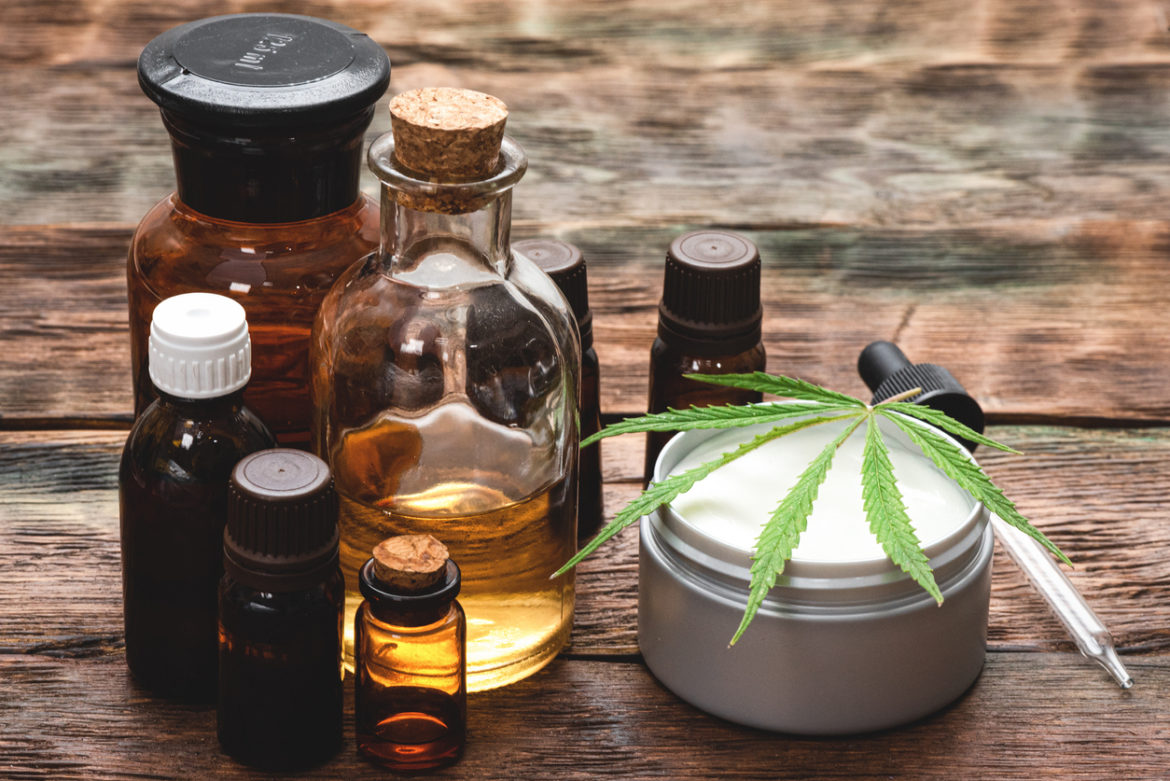
Debunking Common CBD Myths
Given its skyrocketing rise in popularity and many casual recommendations, debunking CBD myths is becoming increasingly important for sellers and manufacturers. CBD oil is getting a lot of feedback from users, but it’s not always accurate or useful. Additionally, even some sellers trying to cash in on current trends are advertising it as a wonder cure for all that ails people. Since it has many positive benefits, it’s essential to separate CBD facts from fiction.
Pervasive Myths
As CBD myths increase, here are five causing some misinformation within the industry.
- CBD is legal in every U.S. state: CBD is derived from two sources: the hemp plant and the marijuana plant. The 2018 Farm Bill legalized CBD from hemp, but products containing cannabidiol from marijuana plants are currently illegal according to federal law.
- CBD should be used in small amounts: CBD is not as potent as THC for symptom relief. Higher doses may benefit people suffering from pain or anxiety. The only drawback is taking a larger dose may be cost-prohibitive.
- CBD is sedating to users: CBD can actually have an alerting effect. Some users report that it keeps them awake and reduces THC sedative and hangover effects.
- CBD is a non-psychoactive substance: CBD impacts our psyche in beneficial ways, so it does have psychoactive effects, but it does not impair or intoxicate individuals.
- CBD is the same despite its source: CBD is unlikely to have the same effects if it is sourced from different origins, such as hemp, medical cannabis or a laboratory derivative. This means not all products will have similar effects, as the level of therapeutic benefits is dependent upon the quality of the original source.
The Modern Miracle Problem
One of the most detrimental myths about CBD is that it cures many types of illnesses. There are no scientific studies to suggest that CBD cures disease or sickness. CBD is used to treat various medical conditions, help people function better in their daily lives, and manage symptoms.
Some individuals who have not found relief with other medications or treatments have found benefits using cannabidiol. This is true for people with seizure disorders, chronic anxiety, cancer, and other conditions. Symptom reduction has often been wrongly equated with a cure.
One other misconception is that there is no research on the effects of CBD. Since many studies are in the infancy stages, there is still much to be learned about cannabidiol. Yet with its few side effects and new promising discoveries, the future of CBD looks bright.
About CannGen Insurance Services
For more information about our comprehensive insurance solutions for the cannabis, CBD, and hemp industries, please visit our website at www.canngenins.com or email marketing@canngenins.com.


 US
US
 US
US
 CA
CA
 EU
EU
